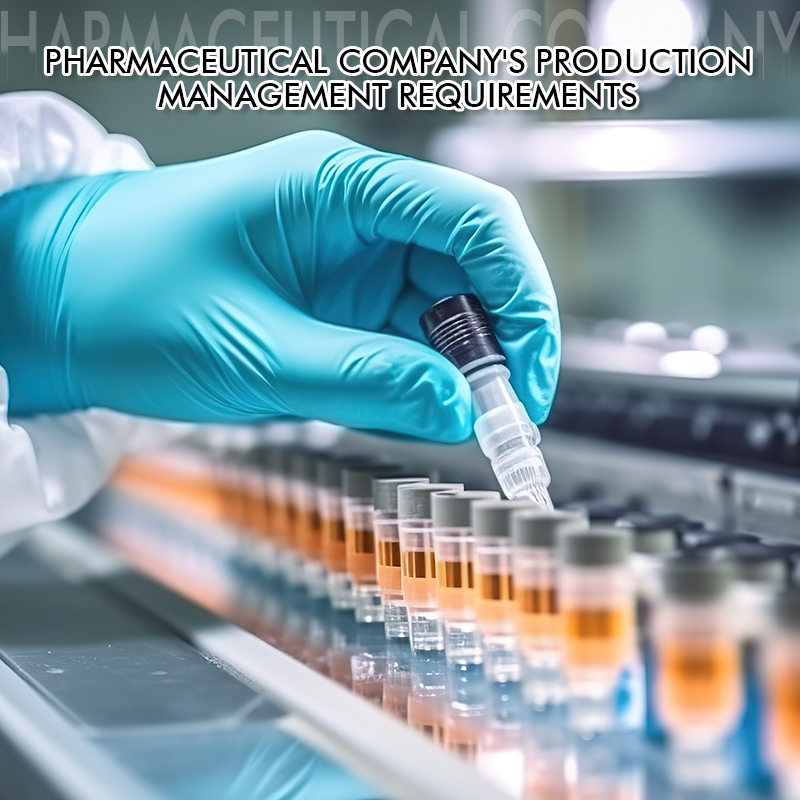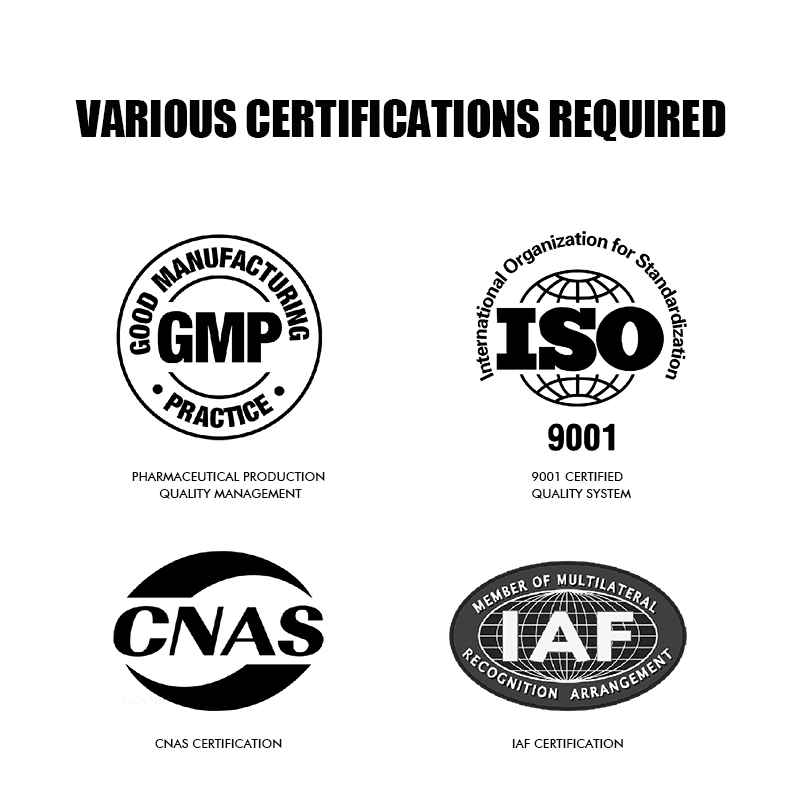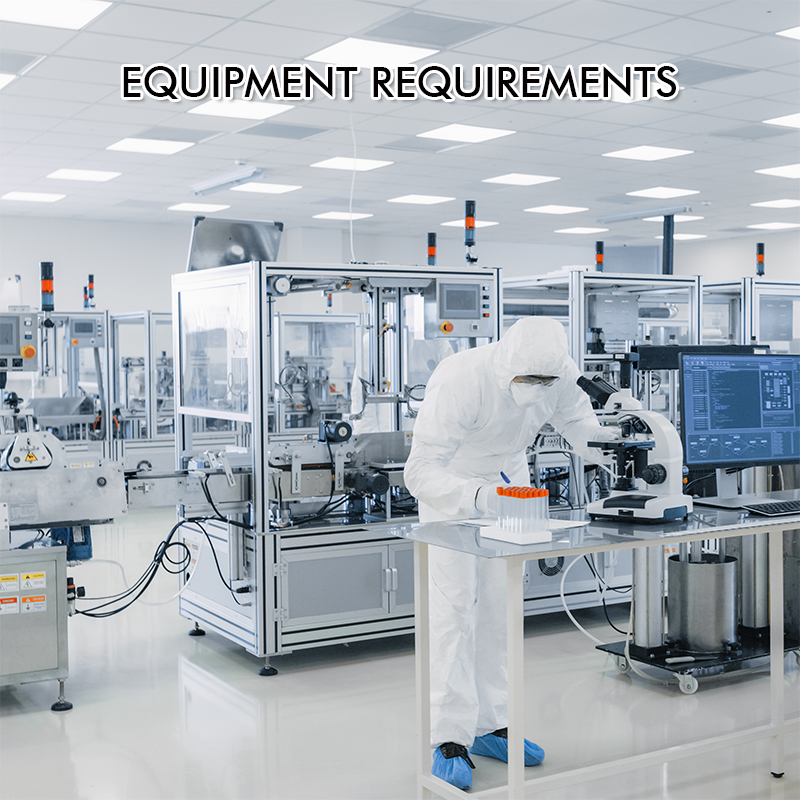The production requirements for pharmaceutical companies are very stringent to ensure the safety, efficacy, and quality of drugs. Below is a detailed overview of the key requirements and standards that pharmaceutical companies must follow, covering all aspects from raw material procurement to finished product packaging.

1. Quality Management System (QMS)
Pharmaceutical companies must establish and maintain a Quality Management System that complies with international standards (such as ISO 9001, ISO 13485, etc.). Key elements of QMS include:
- Documented Processes: Ensure all operational processes, Standard Operating Procedures (SOPs), and records are clearly documented.
- Continuous Improvement: Regularly review and update the QMS to adapt to new regulations and technological advancements.
- Employee Training: Provide comprehensive training to ensure employees understand and can execute quality standards.

2. Good Manufacturing Practices (GMP)
Good Manufacturing Practices (GMP) are critical standards that pharmaceutical companies must adhere to, primarily including:
- Facility Requirements:
- The production environment must meet specific cleanliness standards, typically categorized into different cleanroom grades (e.g., Grade A, Grade B).
- Equipment and production line designs should prevent cross-contamination and facilitate cleaning and maintenance.
- Raw Material Control:
- The procurement of raw materials must undergo strict supplier audits to ensure compliance with quality standards.
- Raw materials must be inspected and tested to ensure their quality and consistency.
- Production Process Control:
- Each production step must be conducted according to standard operating procedures, with monitoring and documentation.
- Critical control points (such as temperature, humidity, and pressure) must be monitored in real-time.

- Finished Product Inspection:
- Finished products must undergo rigorous inspection before packaging to ensure compliance with specifications and standards.
3. Facility and Equipment Requirements
The production facilities and equipment of pharmaceutical companies must meet specific standards, including:

- Design and Layout: The layout of production areas should promote smooth processes and prevent cross-contamination.
- Equipment Cleaning: Equipment must be regularly cleaned and sanitized, with the cleaning processes documented.
- Maintenance and Calibration: All production equipment must be maintained and calibrated regularly to ensure proper operation.
4. Personnel Training and Management
- Training Programs: Employees must receive regular training covering GMP, QMS, and specific operational procedures.
- Personnel Qualifications: Individuals involved in critical production processes must have the necessary expertise and certification.
5. Documentation and Record Management

- Record Keeping: All production and inspection records must be retained for traceability and auditing purposes.
- Document Control: Ensure version control and validity of all documents to prevent the use of outdated or incorrect files.
6. Regulatory Compliance
Pharmaceutical companies must adhere to relevant regulations and standards, such as:
- FDA (U.S. Food and Drug Administration) or EMA (European Medicines Agency) requirements.
- Regular audits and inspections by regulatory authorities to ensure compliance.
7. Risk Management
- Risk Assessment: Identify and evaluate potential risks in the production process, and implement corresponding control measures.
- Emergency Plans: Develop emergency response plans for unexpected events (such as contamination or equipment failure).
8. Supply Chain Management
- Supplier Management: Evaluate and audit suppliers to ensure they can provide raw materials and services that meet requirements.
- Inventory Control: Establish a reasonable inventory management system to ensure the quality and validity of raw materials and finished products.
9. Environmental, Health, and Safety (EHS)
- Environmental Compliance: Adhere to environmental protection regulations and minimize the impact of production processes on the environment.
- Occupational Health and Safety: Provide a safe working environment and conduct regular health and safety training.
Conclusion
The production requirements for pharmaceutical companies encompass multiple aspects, from quality management to equipment maintenance, personnel training, and regulatory compliance. Adhering to these requirements is essential to ensure the safety, efficacy, and quality of drugs, ultimately protecting public health.